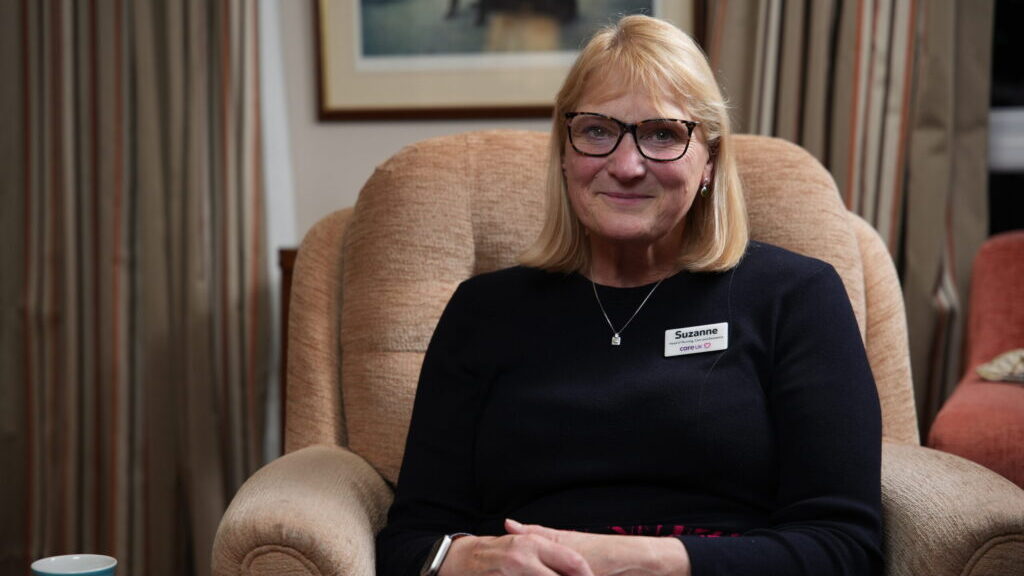Nurse numbers reach record levels in the UK
The number of registered nurses, midwives and nursing associates grew by 30,351 to 788,638 in 2022, according to The Nursing and Midwifery Council (NMC).
There were a record 52,148 new joiners in 2022, almost half of whom were internationally educated.
Although the number of nurses leaving the register fell slightly, to just under 27,000, over half left soon than planned, however, and most don’t plan to return.
Burnout or exhaustion, lack of support from colleagues, concerns about the quality of people’s care, workload and staffing levels were the main reasons for leaving.
UK nurses are also becoming more ethnically diverse – almost a third of last year’s domestically educated joiners were from Black and minority ethnic backgrounds.
Over the past year the proportion of all registered professionals who are from Black and minority ethnic backgrounds rose to 27.7% – more than a quarter of the register.
Andrea Sutcliffe, chief executive and registrar at the NMC, said: “At a time of rising demand for health and care services, it’s welcome news that our register has grown to a record level, due to an increase in domestically educated joiners together with the ongoing surge in international recruitment.
“These joiners are more ethnically diverse than ever. This matters because NHS research in England shows that Black and minority ethnic staff are more likely to experience harassment, bullying or abuse. There’s also clear evidence that discrimination impacts on the quality of care professionals give, leading to worse health outcomes for people. Therefore it’s more important than ever for employers to foster inclusive cultures, free of the racism and discrimination that profoundly affect people from minority ethnic communities.
“While recruitment remains strong, there are clear warnings about the workplace pressures driving people away from the professions. Many are leaving the register earlier than planned because of burnout or exhaustion, lack of support from colleagues, concerns about the quality of people’s care, workload and staffing levels.
“Our insight can support nursing and midwifery leaders across health and social care to focus on the right issues in their retention strategies. Addressing those issues must be a collaborative effort aimed at improving staff wellbeing and retention, for the benefit of everyone using services.”
Health and social care secretary Steve Barclay said: “It is extremely promising to see record numbers of nurses, midwives and nursing associates registered to practice in the UK, with numbers of homegrown UK-educated staff increasing, alongside talent from overseas.”
Nadra Ahmed and Ian Turner – co chairs of National Care Association said:
“Recognising the need for a skilled workforce we know that international recruitment has been seen as a short term fix, but we must strive for a longer term sustainable solution to ensure that the needs of those we support can be met going forward.
“This route has been invaluable for providers as we struggle with the continuing workforce challenges adult social care (ASC) must also be supported to secure the roles needed. In order to do this, we urgently need an ASC workforce plan, one which will be fit for the future enabling us to upskill, value and reward our workforce.”



